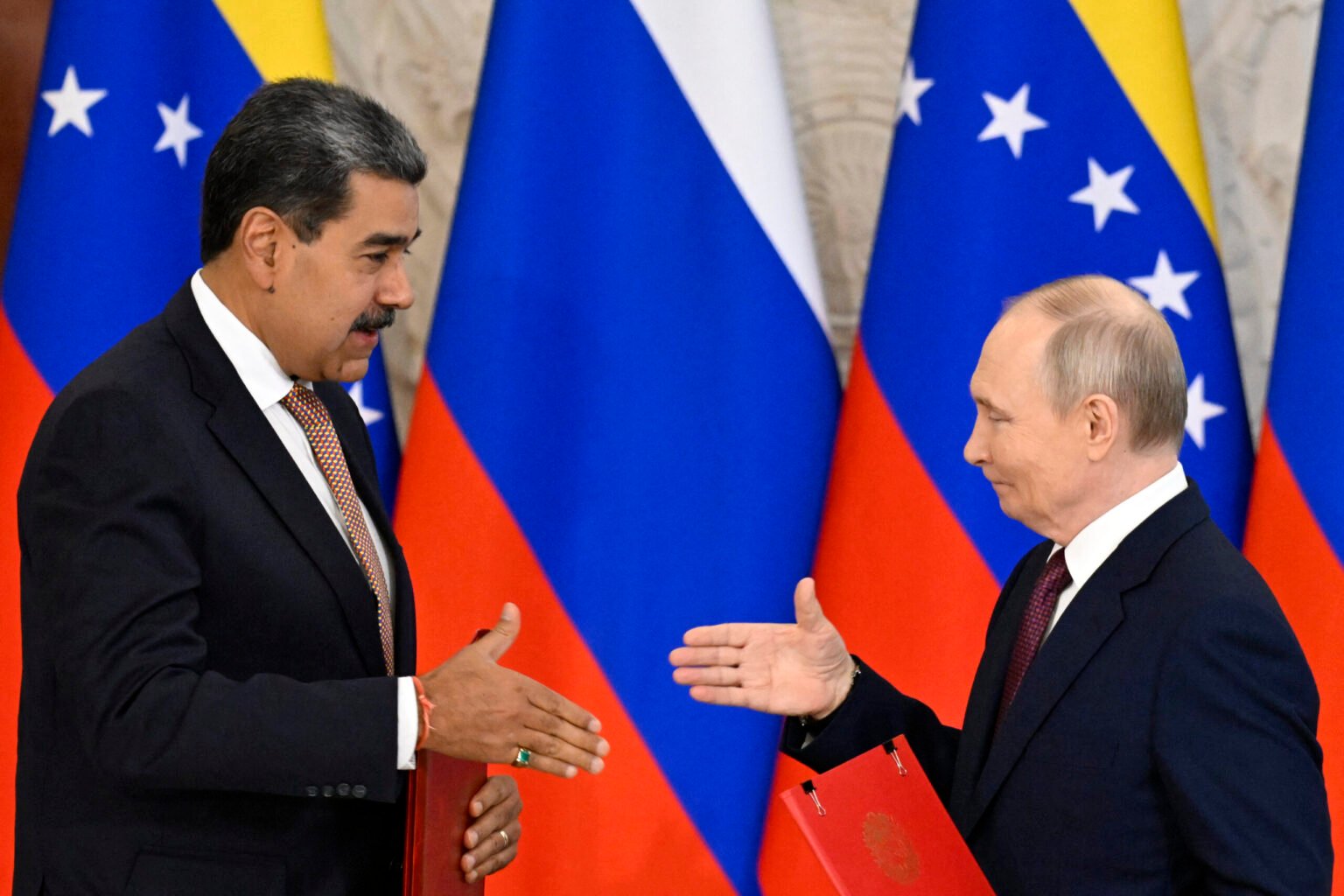MOSCOW — The strategic partnership agreement between the Russian Federation and the Bolivarian Republic of Venezuela, signed in Moscow on May 7, 2025, has formally come into force following ratification procedures in both countries.
In Russia, President Vladimir Putin signed the law ratifying the treaty after its approval by the country’s Federal Assembly. Venezuela’s parliament approved the agreement in a unanimous vote and President Nicolás Maduro signed the implementing decree, paving the way for it to enter into effect.
Under the pact, the two countries commit to deepen cooperation across political, diplomatic, economic and security spheres. Key areas of focus include energy and mineral extraction, transport and communications infrastructure, counter-terrorism and counter-extremism efforts as well as coordination on international and regional affairs.
Deputy Foreign Minister Sergey Ryabkov described the document as reflecting “the qualitative change that has taken place in bilateral relations over the past decade”. The agreement comprises a preamble and 25 articles and is said to “elevate Russian-Venezuelan relations to a fundamentally new level, covering all the key areas of bilateral cooperation.”
Analysts say the timing and content highlight Russia’s western diplomatic drift and its efforts to forge closer ties with countries in Latin America that are under sanctions or estranged from the United States. For Venezuela, the agreement signals a broadening of its strategic alliances beyond its traditional regional partners and a strengthening of its cooperation with Moscow amid mounting external pressure.
While the treaty’s entry into force is now official, details on implementation such as project timelines, investment levels and security-sector commitments, remain to be publicly disclosed. The two governments say they will now operationalise the mechanisms foreseen under the accord.





